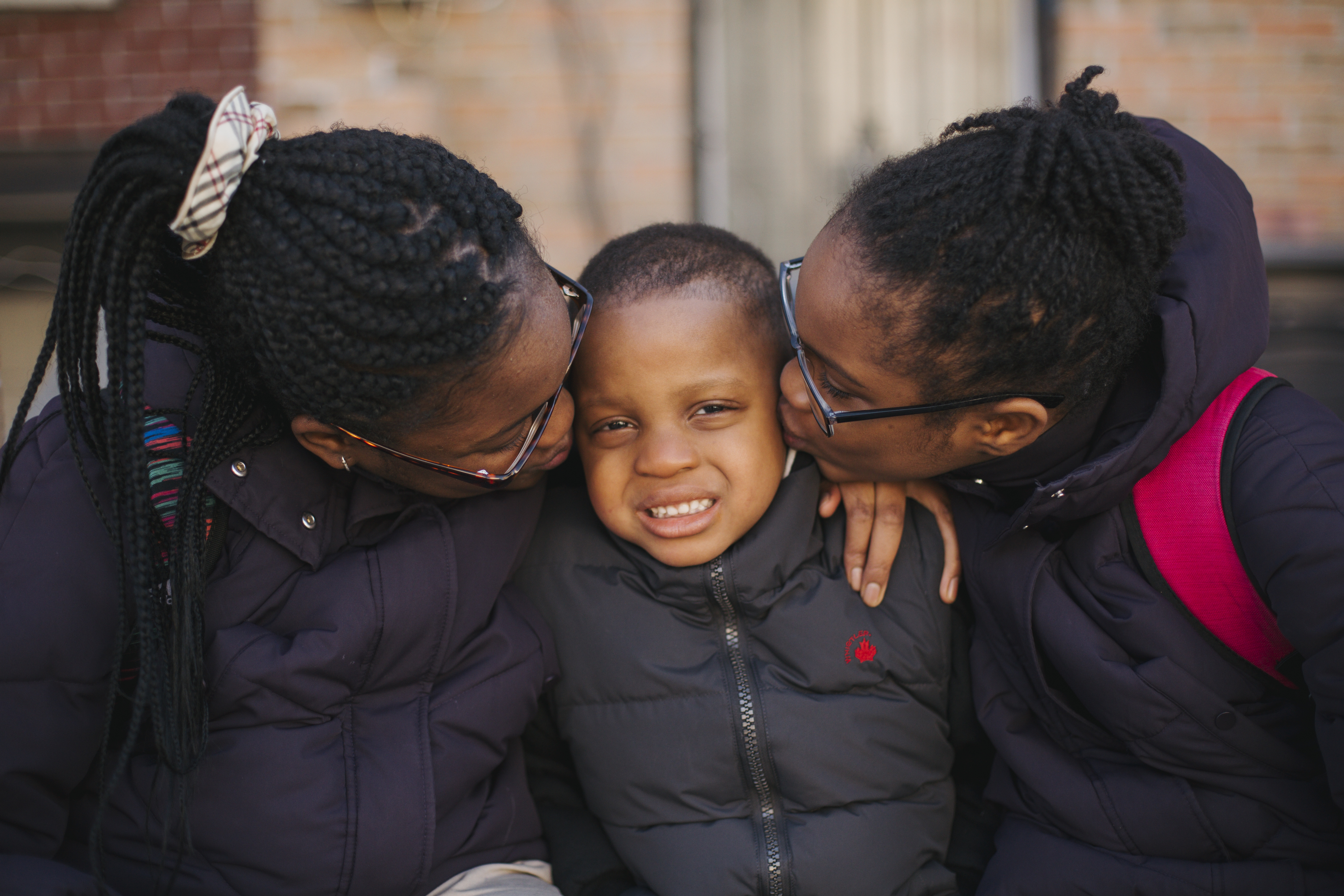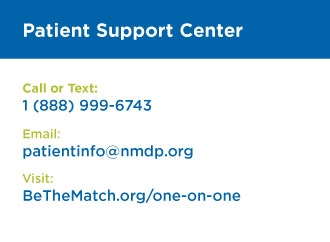Transplant and recovery is an emotional and challenging time for families. Each family member will cope differently as your child recovers. Your child’s siblings may experience stress in different ways, too. Here are some of the signs of stress to watch for in your other children and ways to help them cope in healthy ways:
Signs of stress for children may include:
- Changes in eating habits
- Trouble sleeping
- Drop in school performance
- Headaches
- Worry
- Irritable
If you notice these signs in your child, talk to your child’s health care team. They can share resources to help you and your family.
Some things you can do to help your children cope with a sibling’s transplant and recovery include:
Keep a routine
Children find comfort in routines. Whenever possible, help your children continue their normal activities.
- Prioritize family time. Make time to check-in as a family each day.
- Keep a few family activities, such as breakfast or dinner, at the same time every day
- Go over your family’s calendar together every few days or so, and be sure everyone knows what to expect and when
- Arrange for your children to participate in school activities and spend time with friends on a routine basis. For example, if your focus needs to be on your child’s transplant recovery, ask other family members and friends for help so your other children can continue their scheduled activities.
Tools like ShareTheCare.org and LotsaHelpingHands.com can help you organize help from family and friends.
Help your children express their feelings
It’s normal for children to have many different feelings when their brother or sister is sick and recovering from transplant. Sometimes they may feel isolated and find it hard to talk about their feelings. It’s common for siblings of children undergoing transplant to feel:
- Lonely
- Sad
- Anxious
- Jealous
- Guilty
- Afraid
You can help your children identify and express their feelings, and manage their emotions in a healthy way. Depending upon their age and developmental stage, here are some ways you can help your children identify their feelings and talk about them:
- Use dolls or action figures to have your children act out their feelings.
- Listen and provide reassurance.
- Have your children draw pictures of how they feel. Then, ask them to talk about what they drew.
- Ask your children to finish sentences, like “I am worried about ___________.” or “You can help me feel better by ___________."
- Encourage your children to ask questions. Give as much information as they are able to understand.
- Give your children a journal to write down their thoughts and experiences.
- It’s okay to say, “This is new for me too,” and that you’ll work together to figure it out.
- Talk openly and honestly about difficult topics.
Not all of the feelings your children will have will be negative. The transplant experience can lead to positive experiences for siblings, too. Your children might become more sensitive to others’ feelings or have more coping skills
Show your children your support for them
You can support siblings by showing and telling them they are loved and you are there for them, too. Some ways to do this include:
- Take time each day to talk about their day, activities and friends.
- Celebrate their accomplishments.
- Ask a family member or friend to spend quality time with your children when you can’t.
- Encourage family and friends to include all of your children in their visits and well-wishes.
- Tell each child the special things you love about them.
Your transplant center’s social worker or child-life specialist can also provide ideas and support.
Resources for you and your family
The Be The Match Patient Support Center can help you find resources to support and care for your family as your child recovers from a transplant. Some resources include:
- Connect with another parent who understands what you’re going through.
- Watch Super Sam versus the Marrow Monsters with your kids.
- Alex’s Lemonade Stand offers support and age-specific resources for siblings of children with cancer.


